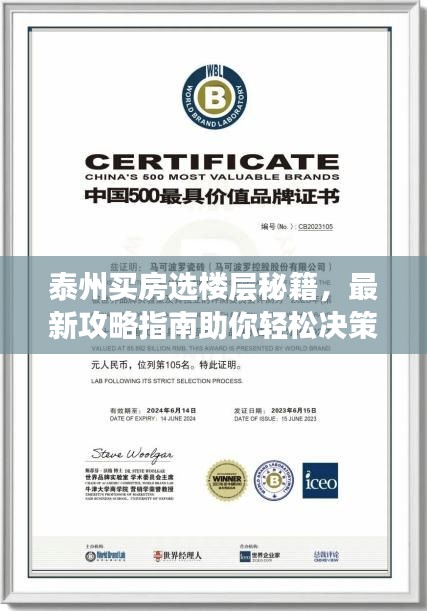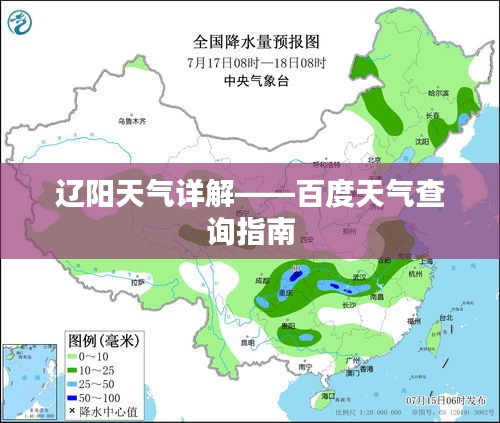<!DOCTYPE html>
<html lang="en">
<head>
<meta charset="UTF-8">
<meta name="viewport" content="width=device-width, initial-scale=1.0">
<title>Allergic Reaction and the Unsettling Habit of Hiccups</title>
</head>
<body>
<h1>Allergic Reaction and the Unsettling Habit of Hiccups</h1>
<h2>Understanding Allergies</h2>
<p>Allergies are a common condition where the immune system mistakenly identifies certain substances as harmful. When these substances, known as allergens, enter the body, the immune system responds by releasing chemicals like histamine, which can lead to a variety of symptoms including sneezing, itching, watery eyes, and in some cases, hiccups.</p>
<h2>When Allergies Trigger Hiccups</h2>
<p>While hiccups are often associated with eating too quickly or drinking carbonated beverages, they can also be a side effect of an allergic reaction. When allergens enter the body, they can cause a reaction in the digestive system or respiratory system, which might lead to hiccups. The exact mechanism is not fully understood, but it is believed that the body's attempt to expel the allergen can trigger hiccups as a protective response.</p>
<h2>The Experience of Hiccups After Allergies</h2>
<p>Experiencing hiccups after an allergic reaction can be quite unsettling. Hiccups are a sudden, involuntary contraction of the diaphragm, the muscle below the lungs. These contractions cause a sudden closure of the vocal cords, resulting in the characteristic "hic" sound. For some individuals, hiccups can last for just a few seconds, while for others, they can persist for hours, days, or even longer.</p>
<p>Those who experience hiccups after an allergic reaction often describe a cycle of discomfort and frustration. The hiccups can disrupt sleep, make it difficult to concentrate, and even cause embarrassment in social situations. The intensity of hiccups can vary from mild to severe, and in some cases, they can become a chronic condition known as persistent hiccups.</p>
<h2>Identifying the Allergen</h2>
<p>The first step in managing hiccups after an allergic reaction is to identify the allergen. This can be done through a process of elimination or by consulting with a healthcare professional. Common allergens include pollen, pet dander, dust mites, certain foods, and medications. Once the allergen is identified, steps can be taken to avoid exposure and reduce the risk of allergic reactions and subsequent hiccups.</p>
<h2>Managing Allergic Reactions</h2>
<p>Managing allergic reactions involves both preventing exposure to allergens and treating symptoms. Antihistamines and decongestants are commonly used to relieve symptoms such as sneezing, itching, and runny nose. In some cases, corticosteroids may be prescribed to reduce inflammation. For those who experience hiccups as a side effect, there are several strategies that can be employed:</p>
<ul>
<li><p>Deep Breathing: Taking slow, deep breaths can help to relax the diaphragm and reduce the frequency of hiccups.</p></li>
<li><p>Drinking Water: Sipping water slowly can sometimes soothe the diaphragm and stop hiccups.</p></li>
<li><p>Relaxation Techniques: Practicing relaxation techniques such as meditation or progressive muscle relaxation can help calm the body and potentially stop hiccups.</p></li>
<li><p>Seek Professional Help: If hiccups persist despite home remedies, it may be necessary to seek medical attention.</p></li>
</ul>
<h2>Conclusion</h2>
<p>Hiccups after an allergic reaction can be a challenging and distressing symptom. By understanding the relationship between allergies and hiccups, individuals can take steps to manage their allergic reactions and reduce the frequency and severity of hiccups. Identifying allergens, managing symptoms, and seeking appropriate treatment are all crucial in alleviating the discomfort and returning to a normal quality of life.</p>
</body>
</html>转载请注明来自金坛区指前镇锦文建材厂,本文标题:《过敏后不断打嗝,皮肤过敏打嗝是怎么回事 》












 蜀ICP备2022005971号-1
蜀ICP备2022005971号-1
还没有评论,来说两句吧...